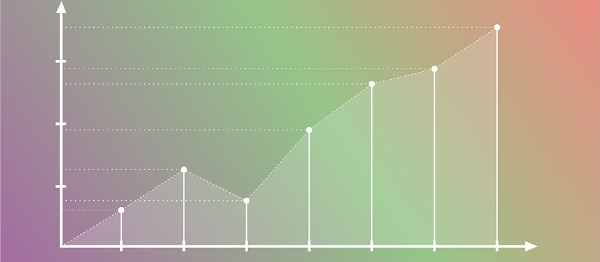Document Type
Article
Publication Date
8-17-2025
Publication Title
Journal of Geography in Higher Education
Abstract
The educational benefits of Participatory GIS (PGIS) in geographic higher education have received limited direct attention, often because of the complexities of integrating PGIS into university curricula. While a few exceptions found important educational benefits of PGIS, extant studies focused primarily on the educational benefits for students who worked in the research teams, instead of participants who contributed their local knowledge and perspectives to mapping. Our research aims to understand the educational benefits of PGIS for participants in a campus accessibility mapping project using the modes of experiential learning, positionality, and service learning. Through this, we also provide strategies for effectively integrating PGIS projects into undergraduate geographical curricular education. Through independent participation in two spatial surveys (a mapping survey and a questionnaire on campus accessibility) via Survey123, group participation in a guided workshop, and the follow-up focus groups/interviews, we identify the educational benefits of PGIS for participants: (1) building knowledge/skills about accessible technological features of PGIS; (2) building content knowledge about accessibility; (3) transforming pre-constructed knowledge by learning from one another; (4) building awareness of positionality as disabled and non-disabled individuals; (5) building awareness of positionality as a community; and (6) enabling localized and place-based insights and empowerment.
Recommended Citation
Cao, Shiya; Rosenfeld, Heather; and Susnea, Sarah, "Educational Opportunities of Participatory GIS for Accessibility on a College Campus" (2025). Statistical and Data Sciences: Faculty Publications, Smith College, Northampton, MA.
https://scholarworks.smith.edu/sds_facpubs/86
Digital Object Identifier (DOI)
10.1080/03098265.2025.2549304
Rights
Licensed to Smith College and distributed CC-BY 4.0 under the Smith College Faculty Open Access Policy.
Version
Author's Accepted Manuscript
Creative Commons License

This work is licensed under a Creative Commons Attribution 4.0 International License.
Included in
Data Science Commons, Other Computer Sciences Commons, Statistics and Probability Commons


